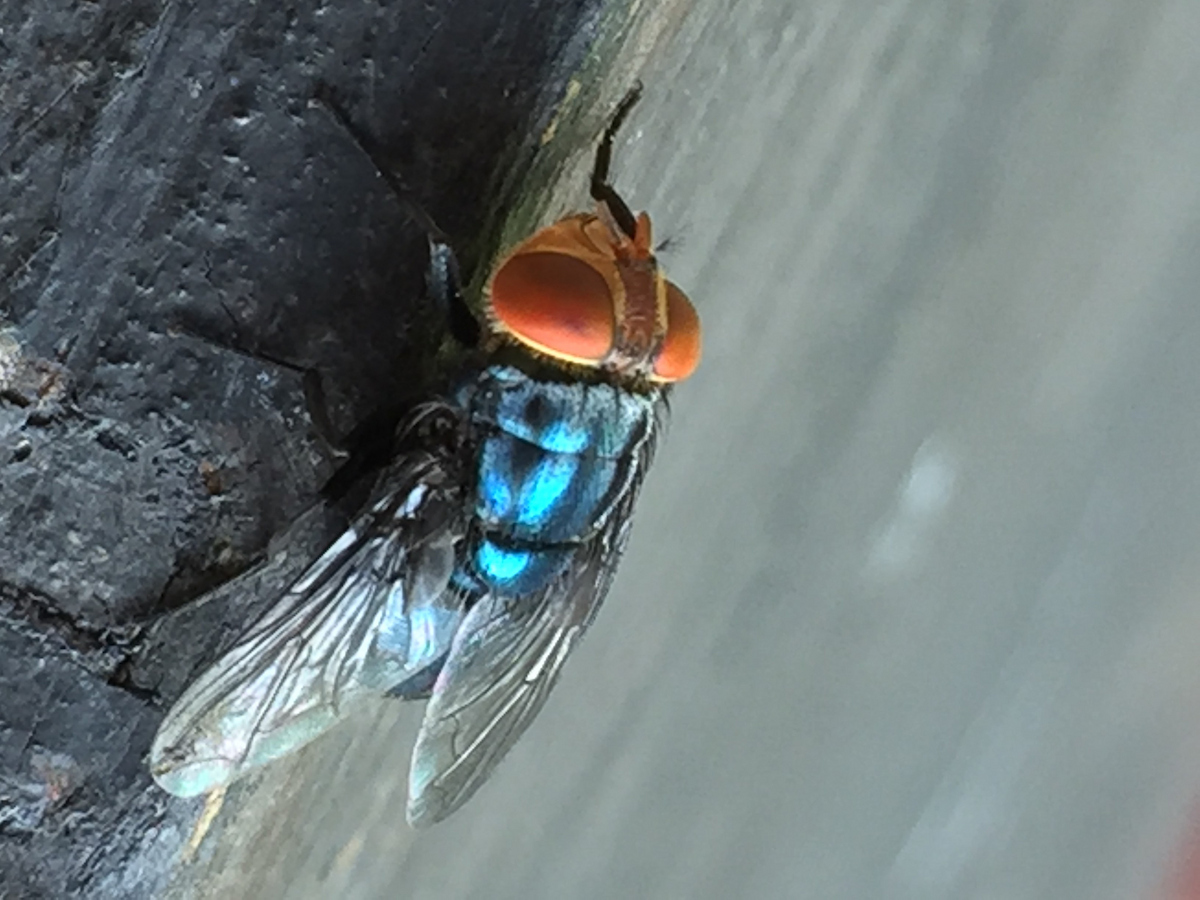Grower-focused programs aim of new AgriLife Extension rice agronomist in Eagle Lake
Rustom intends to address grower needs, increase efficiency and profitability
A new Texas A&M AgriLife Extension Service rice specialist is making grower-focused programs his top priority.

Sam Rustom, Ph.D., has been hired as an AgriLife Extension rice agronomist and assistant professor in the Texas A&M College of Agriculture and Life Sciences Department of Soil and Crop Sciences.
Rustom, who began April 1, is building a new rice specialist program at the Texas A&M AgriLife Research and Extension Center at Beaumont to serve Texas rice producers. He immediately went to work helping plan the Eagle Lake Rice Field Day and the Beaumont Rice Field Day events, where he will address weed management challenges and strategies for Texas rice production.
“We haven’t had a rice specialist in Texas in quite some time, so I’m beyond thrilled to be in a position to build something new and exciting that improves our rice industry as a whole,” he said.
New specialist bolsters support for Texas rice growers
This year, Texas producers planted around 149,000 acres of rice. That number can jump to around 225,000 acres or more in years when rice prices are good and water is available, he said. These acres are the foundation of an industry that generates up to nearly $500 million for the Texas economy.
Rustom said field days are the perfect opportunity to connect with area growers who are the backbone of the Texas rice industry. His primary goal is to create programming that directly addresses grower needs and improves on-farm efficiency and profitability.
For the past two months, Rustom has spent time meeting and interacting with as many people involved with the Texas rice industry as possible.
“Grower needs will be the foundation of my program, and there’s no better way to understand their challenges than to get out and interact with them,” he said. “Fortunately, we have a fine group of county agents, program specialists and consultants in Texas who keep me connected with multiple farm operations at once.”
Facing management challenges with Texas rice growers
Rustom, a native of Greenwood, Mississippi, earned his bachelor’s in environmental science from Delta State University and his master’s and doctorate in rice weed science from Louisiana State University.
Following college, he began working as a technical service manager covering Texas and New Mexico for a chemical company. In that role, he worked directly with Texas A&M AgriLife agronomy and pest management experts involved with most major crops grown in the state.
Rustom is familiar with rice production methods on several continents and believes his knowledge translates well to Texas rice fields when dealing with challenges like water availability and barnyard grasses – both agronomic challenges for rice growers worldwide.
He said one of his favorite parts of the job is “fine tuning” efficient and profitable strategies growers can incorporate into their operations season to season, including herbicide regimens that address weed resistance and the higher seed germination rates being seen due to rainfall.
“From a new technology perspective, we’re light years ahead of most of the other crops with the tools we’re going to have available for weed management in the future,” Rustom said. “We plan to implement these new technologies into weed management strategies that ensure grower success where we are currently facing challenges. We are also going to promote stewardship programs to ensure these technologies last for years to come.”
Rustom plans to evaluate new herbicide technologies and other strategies like rice cultivar selection to identify crop management plans that work for farms at various operation scales. Evaluation trials will help guide recommendations for challenges like weeds as well as insect pests and diseases like kernel smut and rice delphacid, for which environmental conditions can amplify their occurrence.
“We are still learning more about kernel smut and rice delphacid, but they can be very difficult to manage once they show up compared with some of the other major diseases and insects we usually deal with in rice,” Rustom said. “This year, we are going to be more aggressive with monitoring programs for these pests to keep growers prepared for timely management.”





